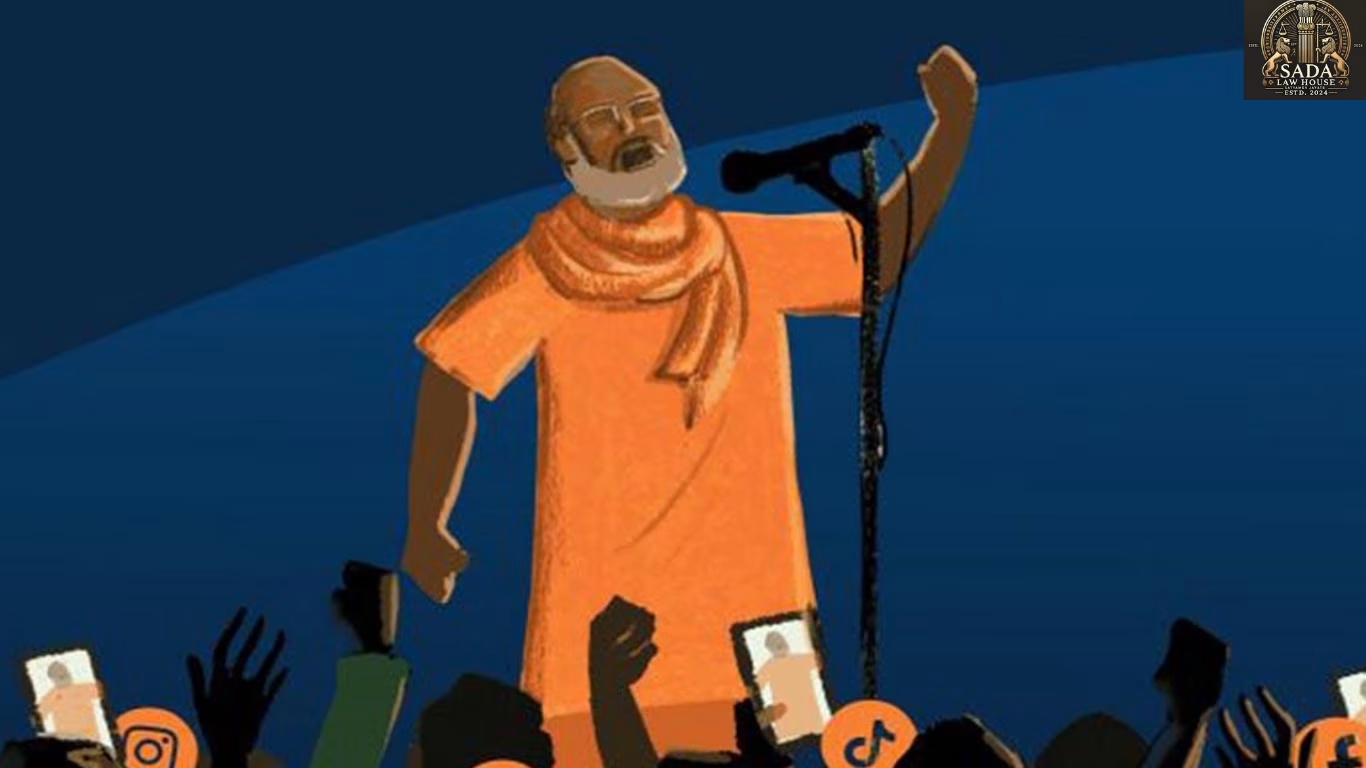Delhi High Court on Hate Speech and Political Rallies – 19 September 2025
- Shristi Singh
- 21 September 2025

Introduction
On 19 September 2025, the Delhi High Court delivered a landmark judgment addressing hate speech in political rallies. The Court criticized political leaders for making divisive remarks during campaigns and clarified that Article 19(1)(a) (freedom of speech) is not absolute—it cannot extend to speech inciting hatred, violence, or discrimination. The case arose from petitions against speeches targeting religious minorities during election rallies in Delhi.
Background of the Case
Petitions Filed: Civil rights activists and NGOs moved the Court after videos of inflammatory speeches went viral in August 2025.
Allegations: Political leaders allegedly made derogatory remarks against minorities, risking communal unrest.
Legal Basis: Petitioners invoked IPC Sections 153A, 295A, and 505, citing promotion of enmity and public mischief.
Respondents: The Election Commission of India (ECI) and Delhi Police were made parties for failing to curb hate speech.
Legal Issues Raised
Whether political hate speech is protected under Article 19(1)(a).
Whether such speeches violate Article 21 (right to life and dignity) of targeted groups.
Accountability of ECI and police in preventing hate speech.
Whether immediate prosecution and bans on leaders were justified.
Arguments of the Petitioners
Politicians spread communal hatred, violating IPC and constitutional provisions (Articles 14, 15, 21).
Relied on Pravasi Bhalai Sangathan v. Union of India (2014), where SC condemned hate speech.
Demanded FIRs, bans from campaigning, and stricter ECI rules.
Arguments of the Respondents
ECI: Claimed it had issued notices and temporary bans.
Delhi Police: Sought more time to review and investigate.
Politicians’ Counsels: Alleged political vendetta; argued speeches were misinterpreted and protected by free speech.
Judgment of the Delhi High Court
Held that hate speech is not protected free speech; restrictions under Article 19(2) apply.
Ordered Delhi Police to register FIRs within 24 hours and file monthly progress reports.
Criticized ECI’s “casual” approach; directed it to issue stronger campaign guidelines within 3 months.
Recommended disqualification of repeat offenders from elections for at least 6 years (subject to Parliament).
Directed real-time monitoring of political speeches using AI and social media surveillance.
Significance of the Case
Clarified constitutional limits on free speech in political campaigning.
Increased accountability of politicians, police, and the ECI.
Established precedent for fast action against inflammatory rhetoric.
Encouraged use of technology to monitor and regulate hate speech.
Conclusion
The Delhi High Court’s 19 September 2025 ruling reinforced that freedom of expression cannot be misused to divide communities. By holding politicians and regulatory institutions accountable, the Court sought to safeguard India’s secular and democratic values. If enforced effectively, the decision could reshape electoral discourse by discouraging divisive politics and strengthening constitutional protections for all communities.






